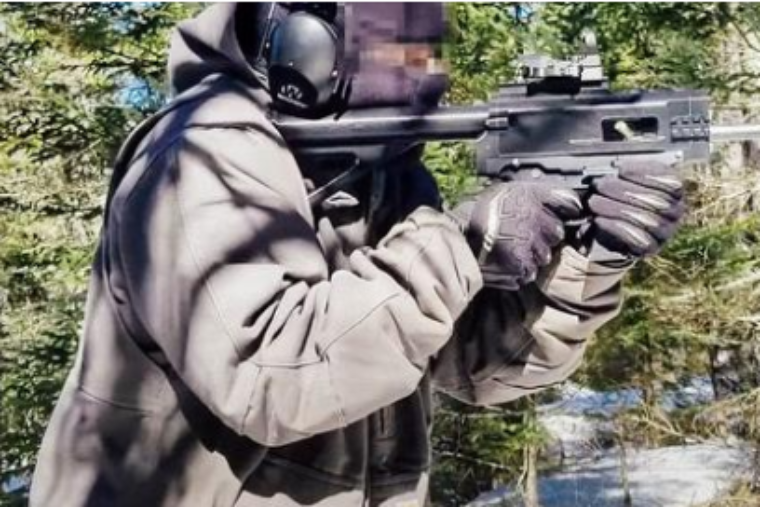“I reached a point in my life where I became acutely aware that my personal safety is a responsibility that I should not be outsourcing to the state and its organs. They cannot protect me against violent, criminal predation. It’s something that I started taking incredibly seriously. Firearms became a natural progression, as a very effective tool, pertaining to private defence.” An interesting perspective from a lawful firearm campaigner in South Africa.
Gun control is officially dead, and it was killed in Myanmar. This may seem a highly unlikely place for a broadly-pursued government policy of legislated civilian disarmament to meet its end, but that is exactly what has occurred. The current situation in Myanmar has irrefutably proven that gun control legislation, regardless of how vigorously applied or tyrannically enforced, is wholly incapable of keeping arms and ammunition out of the hands of ordinary citizens.
In order to explain this I need to expand on the ongoing civil war in Myanmar. The conflict officially erupted on the 5th of May 2021 following a coup d’état by the Myanmar military which took place on the 1st of February that same year. The junta then proceeded to crack down on anti-coup protests. In reality Myanmar has had long-running insurgencies since 1948, and the present civil war can more simply be viewed as an intensification of these.
As things presently stand there are two groups of belligerents: the State Administration Council and the National Unity Government. The former is composed of the military junta and its allies, while the latter consists of the deposed government and a motley collection of numerous organisations and political movements – spanning everyone from federalists, to nationalists, to communists. The only thing they have in common is that they oppose the military junta and are reasonably well-armed, which is where things get quite interesting.
By Gideon Joubert



